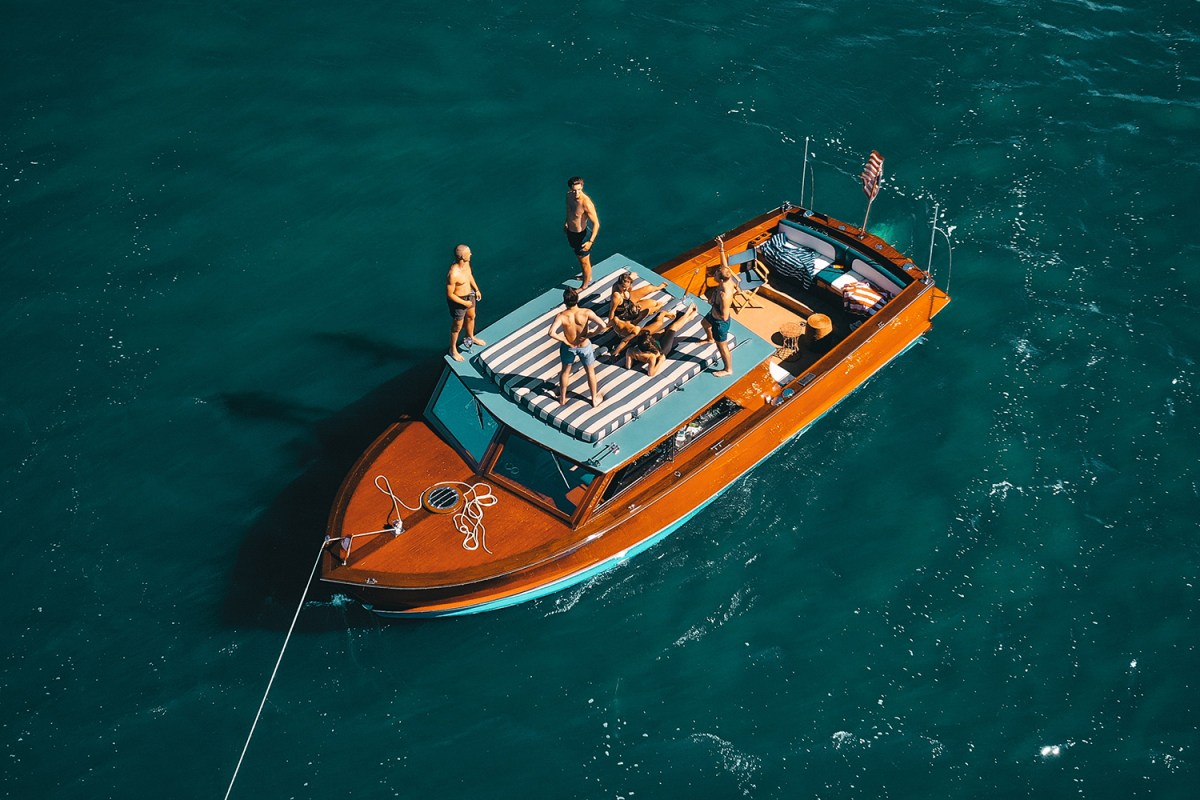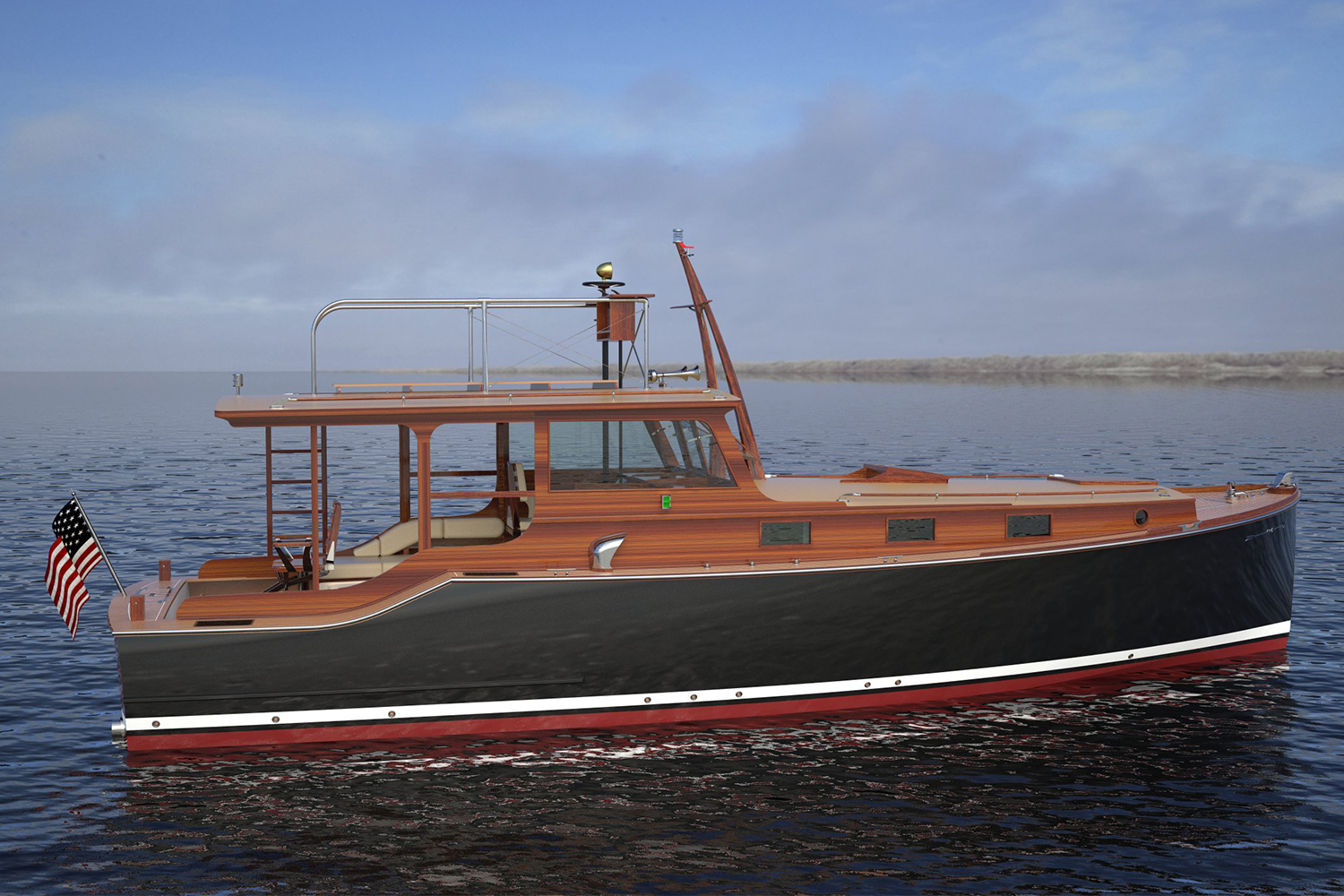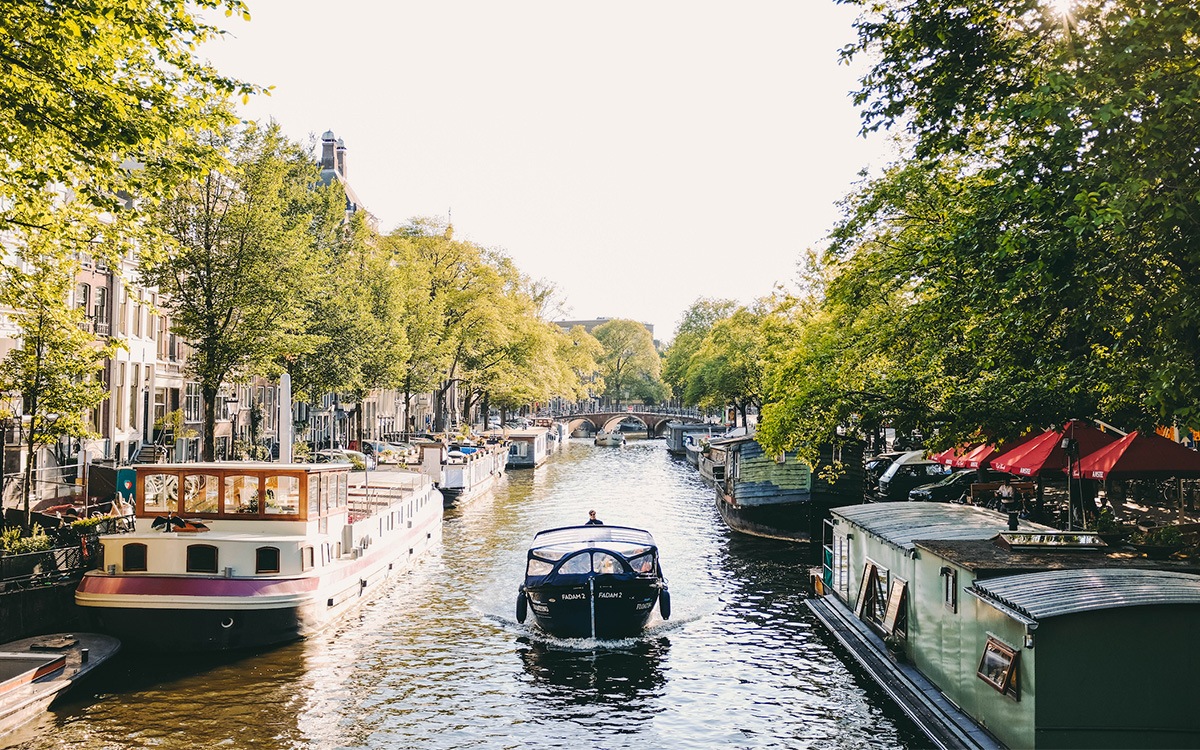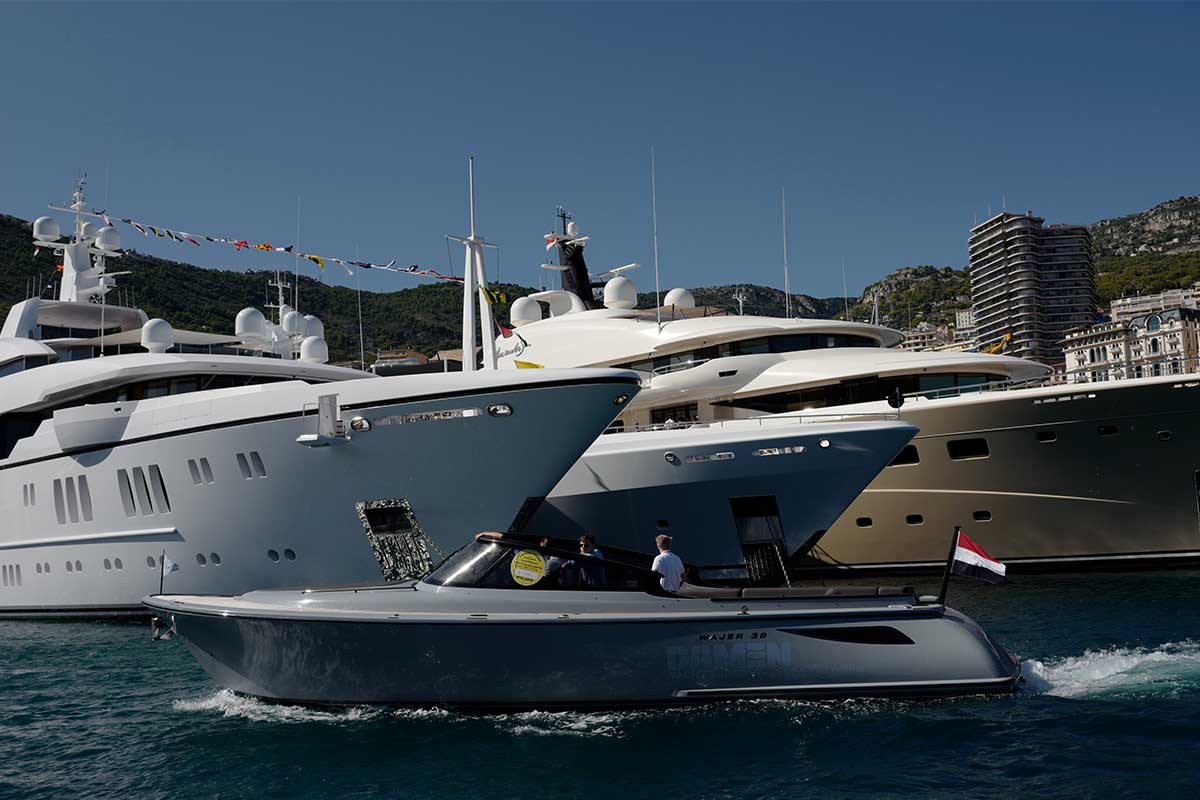Ask any old timer their advice on buying a boat and you’re bound to hear one of three platitudes. There’s the acronym: “You know what BOAT stands for? Bust out another thousand!” The proverb: “The two best days of a boater’s life are the day you buy it and the day you sell it.” And finally there’s the crème de la crème of investment tips: “Never buy a boat.”
For the most part, that’s been pretty good advice. Boats are notorious money sucks that people buy with grand plans of fishing trips and cocktail cruises, but the vessels often end up decaying in a marina or garage only to be resold at a fraction of the price.
Then, as every story begins these days, the pandemic hit. And while the economic hardship Americans are facing is not going away anytime soon, the recreational boating industry is taking the opposite tack. In short, boats are booming (pun intended). And unlike buyers of yore, this time around, it’s looking like boats are one of the smartest investments of the COVID era.
“None of us saw this coming in the industry, and if someone says that they’re full of crap,” Erik Smentek, sales manager at Tilly’s Marine in California, tells InsideHook. “No one thought that putting the state and the country on lockdown was going to make everyone come and buy boats. We didn’t see that coming at all.”
But buy boats they did, and across all segments. According to data from the National Marine Manufacturers Association (NMMA), an industry trade group, powerboat retail sales were up 19 percent in May — and that’s not from the month before, that’s compared to May 2019, when the U.S. economy was healthy and no one had even heard the word coronavirus. Specific brands saw even more insane increases; Yamaha WaterCraft, for example, reportedly saw a year-over-year sales spike of 154 percent in April.
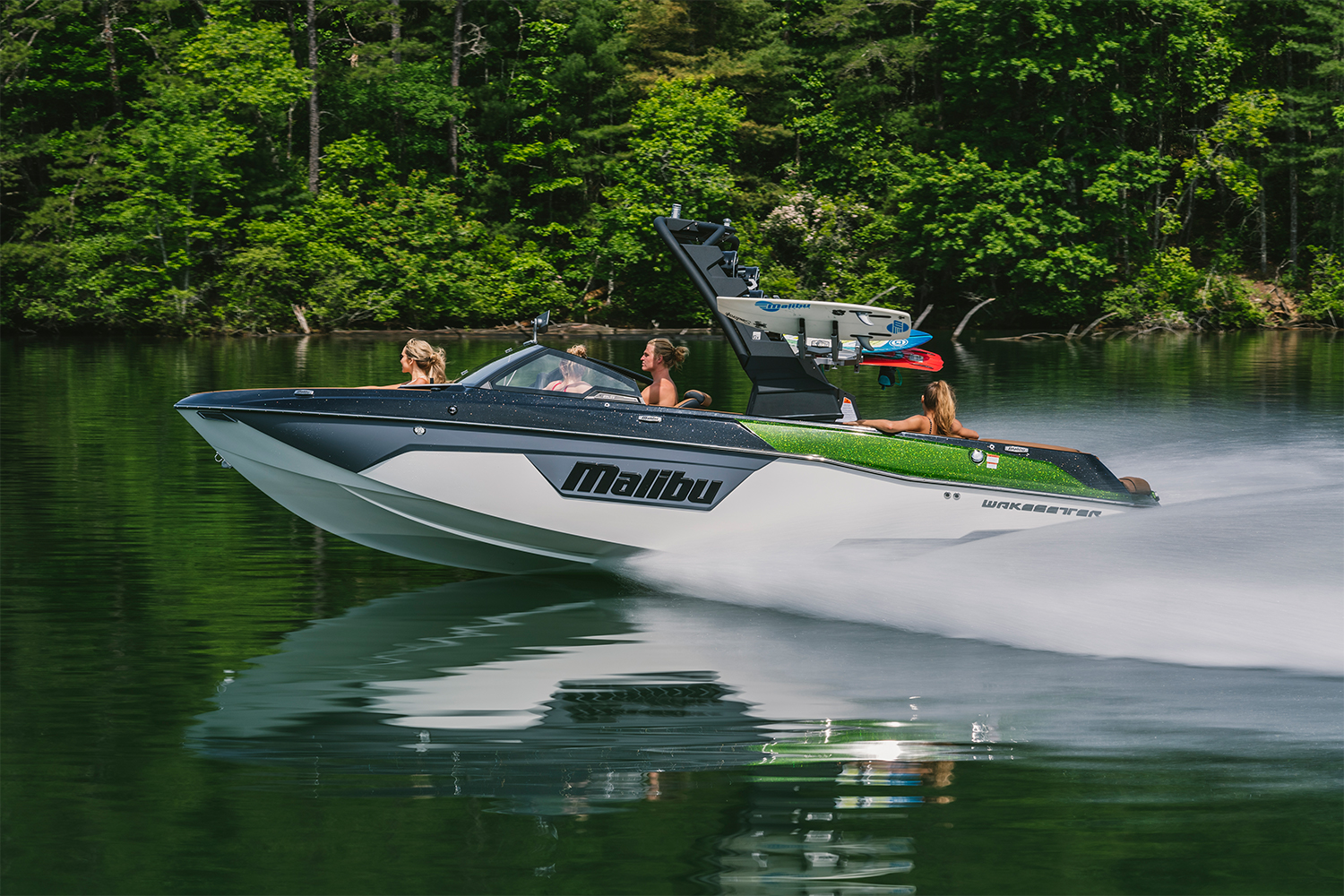
“When the pandemic hit, the marine manufacturing industry, like pretty much every other sector of the economy, saw a bit of a contraction, however as states started rolling back their stay-at-home orders in late April and early May, folks came out of the gates to buy boats,” says John-Michael Donahue, communications director at NMMA. “In the new world here, people are vacationing and relaxing a little differently.”
However, not all new COVID-era hobbies are created equal. There’s been no shortage of hand-wringing about crowded outdoor spaces as quarantined Americans flocked to the outdoors, with more people picking up running, biking and, yes, even rollerblading. But even among activities that seem to be ideally suited to social distancing, like snowboarding, swimming or mountain biking, there are legitimate safety concerns. After all, what good is a wide-open mountain, lake or trail when you need to brave a crowded chalet, beach or trailhead to get there?
As we’ve already seen with the reopening plan for Vail Resorts’ 34 North American locations, getting that soul-cleansing dose of fresh air without putting yourself or your bubble at risk of contracting or spreading the coronavirus has proved harder than it looked four months ago. That is, unless you’re one of the thousands who took the plunge and bought a boat.
“You can just tell they’re wanting to get out of the house, or their overseas trips have all been canceled, they’re not going on cruises, things like that,” Smentek says about the customers he’s helped in the last few months.
That’s where this supposedly oxymoronic trend finds its footing. It seems odd that anyone, even more well-heeled Americans, would feel comfortable splurging on what is essentially an extravagant plaything when there’s so much financial uncertainty ahead. But while millions across the country are scraping by, others who kept their jobs but canceled all their summer spending (on cruises, European jaunts, summer camps) found themselves with some extra cash … enough to get, say, a waterskiing or wakeboarding boat.
None of us saw this coming in the industry, and if someone says that they’re full of crap. No one thought that putting the state and the country on lockdown was going to make everyone come and buy boats.
Erik Smentek, sales manager at Tilly’s Marine
Those types of towboats, from brands like Malibu Boats and Axis, have seen the biggest increase in sales at Tilly’s Marine. “Surfing is the new craze and everyone wants to do it,” Smentek says. NMMA data also shows a preference for boats that can be trailered to the lake, river or ocean of choice, rather than sitting in a marina, but finds that personal watercraft (like Jet Ski, Sea-Doo and WaveRunner), saltwater fishing boats and small outboard boats led nationwide sales in May.
Wherever Americans landed on the spectrum, from small lake cruiser (as NMMA notes, 95 percent of boats on the water in the U.S. are shorter than 26 feet) to superyacht (like the one a certain disgraced Trump advisor was hiding out on), the coronavirus-specific benefits remain the same. You get to choose who makes it into your boat bubble, there’s not even the possibility of contact with strangers on the water (unless you get pulled over by the maritime police) and launching your boat can be done contact free. It’s like buying your own private island for $36,000 — the average price of new aluminum boats, according to NMMA.
“There were certainly challenges [at the beginning of the pandemic], things were changing so fast day to day, but the good news is pretty much all aspects of boating facilities, from manufacturing getting boats into the water and launching them, can be done at a distance,” explains Donahue. “Our industry was fortunate enough to adapt.”
Even if more pandemic lockdowns come to pass this fall, as experts have forecasted, those who invested in a boat will be able to weather it all on the water, as long as they live in a state where the waterways don’t freeze. Even though Smentek notes that their inventory is the lowest he’s ever seen, Donahue is confident that the manufacturers will be able to keep up with demand. And for those who’ve been vacillating on whether or not to buy their own dream vessel, you better hope he’s right in that regard.
“We’re expecting this trend to continue as we even head into next summer,” Donahue adds.
In the pandemic era, it seems that the old maxims could use a tweak: “The two best days of owning a boat are the day you buy it and any day everything besides the water is closed down.”
This article was featured in the InsideHook newsletter. Sign up now.
